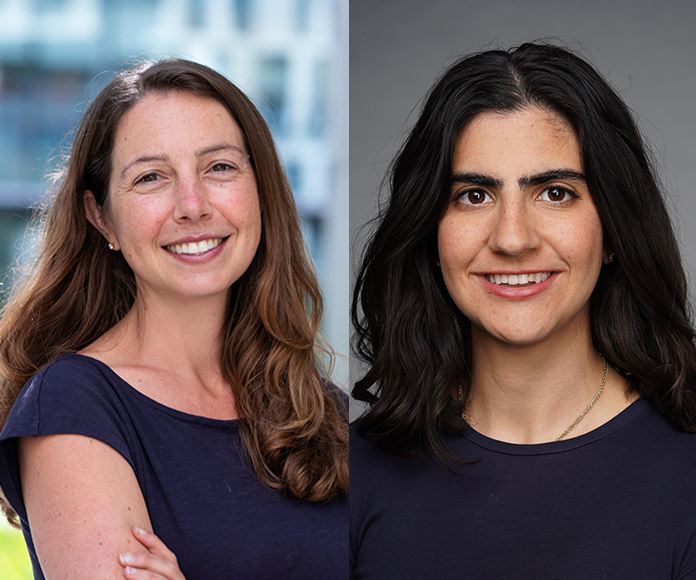As part of the University of California’s efforts to better serve the Native American communities on whose land its campuses sit, researchers from UCSF, UC Merced and UC Santa Cruz were awarded a $740,000 grant to create a multi-campus research collaborative that will lead new initiatives exploring how social networks affect Indigenous health. The researchers include Nadia Diamond-Smith, PhD, a primary faculty member in the Department of Epidemiology and Biostatistics and a core faculty member in the Institute for Global Health Sciences.

“There’s a lot more interest in research about Indigenous communities, but there’s also a feeling that there’s not enough of it going on,” Diamond-Smith said.
The researchers’ first project will be to understand the online and offline social networks of Californians from tribes indigenous to U.S. territory and Indigenous migrants from Latin America now living in the U.S. They will then use that information to design and test health messaging interventions. The team is working closely with an Indigenous community advisory committee to steer their work.
The collaborative – dubbed the Social Networks and Health among Indigenous Californians Research Collaborative (CONNECT/CONNECTADOS) – also aims to lay the groundwork for still more UC research on Indigenous health and social networks by piloting a training model for students and postdoctoral trainees who are interested in similar community-engaged research on social networks to counter health inequities.
The focus is timely for UC, because the number of Indigenous students in the system is expected to grow in coming years due to the University’s recent commitment to waive tuition for federally-enrolled Indigenous tribal members. California has the largest population of Indigenous people of any U.S. state.
The Collaborative’s principal investigator is Anna Epperson, PhD, a psychologist at UC Merced. Along with Diamond-Smith and former UCSF postdoc Alicia Riley, PhD, who is now an assistant professor of global and community health at UC Santa Cruz, the other project lead is UCSF health economist Alison Comfort, PhD. Lucía Abascal, MD, PhD, an IGHS Global Health Sciences alum, is also on the research team.
The breadth of disciplines in the Collaborative will enable it to do the complex, cross-disciplinary research needed to understand the two Indigenous populations’ social networks and how health information moves through them. The researchers will use as a case study COVID-19 vaccine information and how it drove health behaviors.
Combining Indigenous Latin American migrants with Native Americans in research is an unconventional move, which the researchers hit upon because of two important similarities: Both are heavily represented in California and, perhaps because mainstream sources of health information don’t reliably serve them linguistically and culturally, both strongly rely on their social networks for health information.
Research led by Diamond-Smith and Abascal and, separately, Epperson have documented the importance of social influence on health behaviors among Native Americans and Latin American Indigenous populations.
“Dr. Epperson told us that social media is one of the biggest forms of communication among Native Americans,” said Diamond-Smith. “She and Dr. Riley recognized that there would be differences between Indigenous groups from the U.S. and Latin America, but the way social networks influence their health decisions might be more similar than we would see with any other two groups.”

Abascal added: “All of the tribal groups are different within them and between them. We’re not going to come to the same conclusion for all; we’re going to gather information and analyze it separately.”
The collaborative kicked off with an in-person event earlier this month. One day was dedicated to a meeting of the community advisory committee. The other day was open to the public and featured lectures by Epperson and Comfort. More events will be planned and announced on our website.

